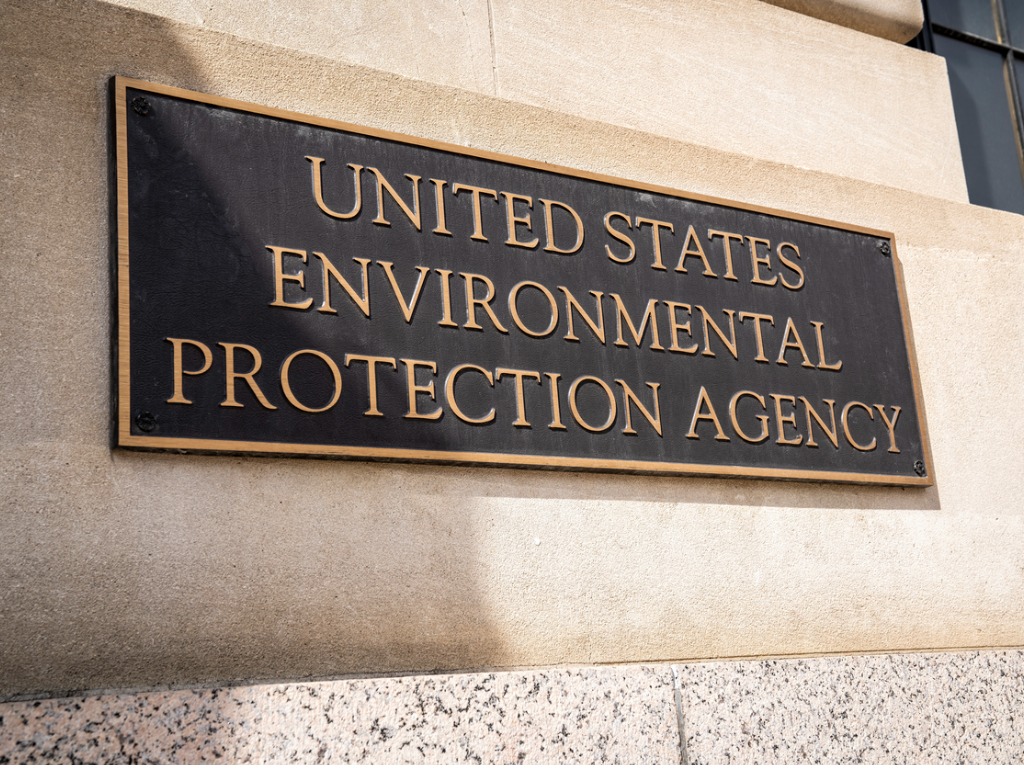On August 17, Representative Frank Pallone (D-NJ), Chairman of the House Committee on Energy and Commerce, Representative Diana DeGette (D-CO), Chairwoman of the House Subcommittee on Oversight and Investigations, and Representative Paul Tonko (D-NY), Chairman of the House Subcommittee on Climate Change sent a letter to Michael Regan, the Administrator of the Environmental Protection Agency (EPA).
The letter points to a July 2 article from The Intercept that details complaints from four whistleblowers within the EPA’s Office of Chemical Safety and Pollution Prevention. According to the article, four scientists alleged that “[m]anagers and career staff…tampered with the assessments of dozens of chemicals to make them appear safer.” The group of scientists, who were involved in “identifying the potential harms posted by new chemicals,” sent The Intercept “evidence of pressure within the agency to minimize or remove evidence of potential adverse effects of the chemicals, including neurological effects, birth defects, and cancer.”
The four whistleblowers allege that there were numerous instances in which “information was deleted from agency assessments without informing or seeking the consent of the scientists who authored them.” The article states that this behavior led to important information being withheld from the public, and in other cases, “the removal of the hazard information or the altering of the scientists’ conclusions in reports paved the way for the use of chemicals, which otherwise would not have been allowed on the market.” Evidence that the whistleblowers provided “shows a pattern in which the EPA failed to follow the law that oversees chemical regulation, particularly the Toxic Substances Control Act,” or TSCA.
According to the article, the whistleblowers said they alerted “colleagues and supervisors within the agency” about the interference in records and “also filed complaints with either the EPA’s inspector general or the Office of Science Integrity, which has pledged to investigate corruption within the agency.” The whistleblowers decided to come forward with their complaints “because most of their concerns remained unaddressed for months after they disclosed them.”
In the letter to the EPA, Reps. Pallone, DeGette, and Tonko ask for more information about the whistleblowers’ allegations about the EPA’s chemical review program. The letter emphasizes that EPA employees “were reportedly pressured to downplay evidence of chemicals’ potential adverse effects” and that scientific staff at the agency were allegedly “subject to retaliation.”
“The Committee has a longstanding interest in ensuring EPA’s implementation of TSCA is based on sound science,” the lawmakers’ letter reads. “We also firmly believe EPA’s scientific staff must be able to perform their work of protecting human health and the environment free from inappropriate interference and retaliation.”
Reps. Pallone, DeGette, and Tonko request the EPA to prepare a briefing responding to the whistleblowers’ allegations. In addition, the group of representatives ask the EPA to provide written answers by August 31 to questions revolving around the allegations. One of the questions asks if the EPA is considering reassessing “any chemicals in light of concerns that their review process may have been subject to interference.” If so, the letter asks for a process and timeline for any reevaluation the EPA plans to do.
The last question centers around the EPA’s whistleblower protections: “Does EPA have any ongoing or planned efforts to review and strengthen whistleblower protections at the Agency? If so, please describe these efforts, including the EPA office responsible for these improvements and any associated timelines.”
“This Administration is committed to investigating alleged violations of scientific integrity,” a spokesperson from the EPA told WNN in an email inquiring about the status of the EPA’s response to the Committee’s requests. “It is critical that all EPA decisions are informed by rigorous scientific information and standards. As one of his first acts as Administrator, Administrator Regan issued a memorandum outlining concrete steps to reinforce the agency’s commitment to science. EPA’s scientific integrity official and scientific integrity team members thoroughly investigate all allegations of violations of EPA’s scientific integrity policy that they receive and work to safeguard EPA science.”
“Making a determination that there was interference in the science requires careful investigation and documentation, as well as specialized scientific expertise to review the information. EPA’s scientific integrity team is also working with EPA leadership and management to implement recommendations for procedural changes that address these issues in a systemic way to protect the science and prevent similar issues in the future,” the EPA spokesperson continued. “Allegations of retaliation, retribution and reprisals are handled by the Office of the Inspector General and the concerns of these scientists have been reported to the EPA OIG.”
Read The Intercept’s article here.
Read the letter from the House Energy and Commerce Committee here.
